SDG #4 is to “Ensure inclusive and equitable quality education and promote lifelong learning opportunities for all.”
Within SDG #4 are 10 targets, of which we here focus on Target 4.2:
By 2030, ensure that all girls and boys have access to quality early childhood development, care and pre-primary education so that they are ready for primary education
Target 4.2 has two indicators:
Indicator 4.2.1: Proportion of children aged 24–59 months who are developmentally on track in health, learning and psychosocial well-being, by sex
Indicator 4.2.2: Participation rate in organised learning (one year before the official primary entry age), by sex
The UN agency responsible for monitoring the first indicator for this target is UNICEF (United Nations Children’s Fund), focused upon children. The indicator is served by UNICEF’s Early Childhood Development Index 2030, a tool to measure this indicator’s progress. The science underlying early childhood development has revealed it as a crucial intervention in the effective nurturing and care in a child’s overall development, and the SDGs present an opportunity to expand and implement such findings to the greatest possible scale.
Worldwide, as of 2022, only 69% of children aged 3 to 5 are on track in health, learning and psychosocial well-being.
The second indicator for this target looks at pre-school, defined according to UNESCO’s International Standard Classification of Education (ISCED). The ISCED exists to provide uniformity across the different education structures and curricula across countries.
As of 2020, 74% of children at the age of one year before primary entry were enrolled in organised learning, about the same as 2015, at the adoption of the Global Goals. Disaggregated by sex, per the definition of the indicator, the enrolment of both sexes was at parity as of 2022.
